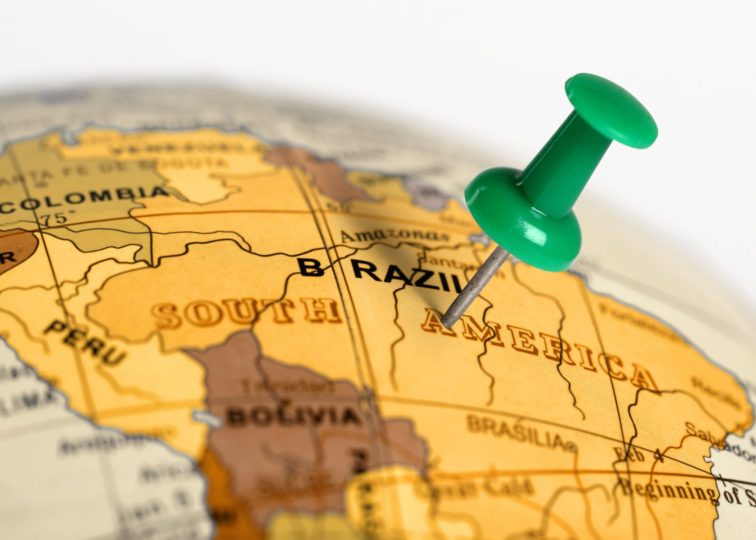
Blog
Will Brazil’s Economic Turmoil Ease Global Inflation?
November 29, 2021
With commodity prices surging around the globe, economists are closely watching the U.S. Federal Reserve and Chinese energy markets for indications of how fast and for how long prices will rise, but a recent op-ed from Bloomberg suggests that more attention should be paid to the economic turmoil currently gripping Brazil.
Brazil’s currency, the real, has plummeted in recent weeks, trading around record lows. The slump is largely attributed to President Jair Bolsonaro’s efforts to introduce an anti-poverty welfare payment program ahead of next year’s election. The decision is a reversal from Bolsonaro’s previously stated intention to reduce deficits and regain the nation’s investment-grade credit rating.
While the decision is likely to have wide-reaching political and economic consequences in Brazil, it may also impact global commodities markets.
Because Brazil is one of the world’s biggest exporters, a weakened real could ease inflationary pressures, particularly for crops like corn and soy. As Brazil’s currency falls, production costs for Brazilian producers fall as well, making their goods more competitive on the global market.
For the nation’s soybean farmers, land typically accounts for a quarter of costs, according to Bloomberg, but as the real weakens, prices for land tend not to rise. Neither do other domestic costs like labor.
As a result, farmers are able to produce more. The current crop of soybeans and corn are both expected to see record-high outputs, and as supply increases, prices are likely to fall.
